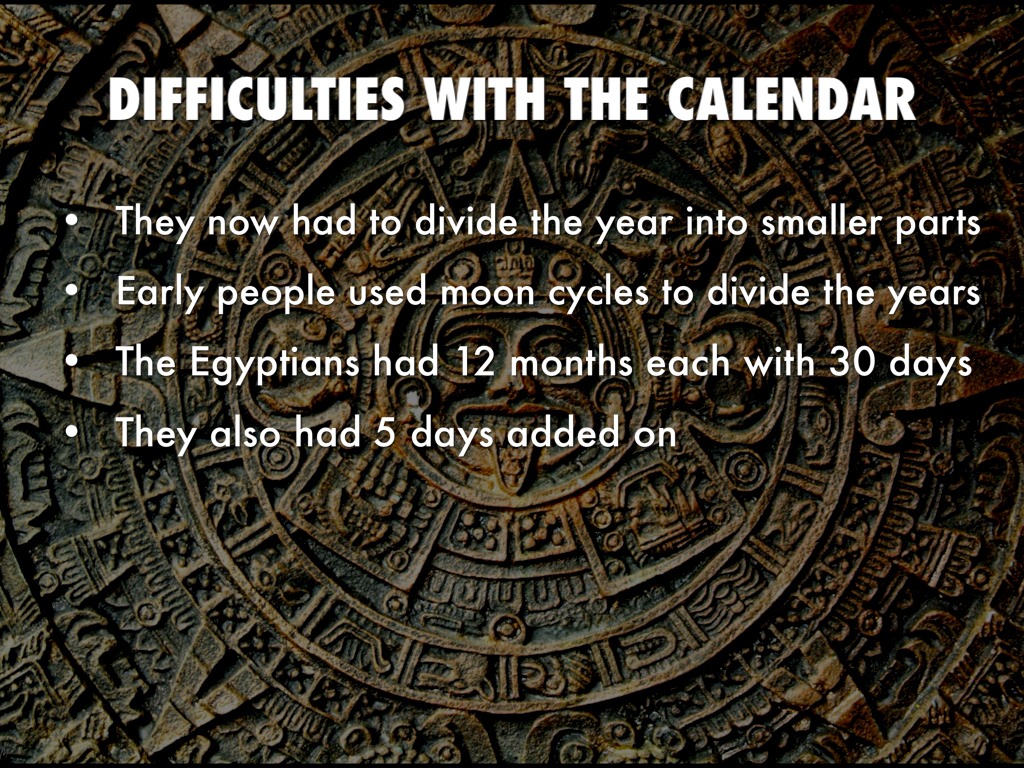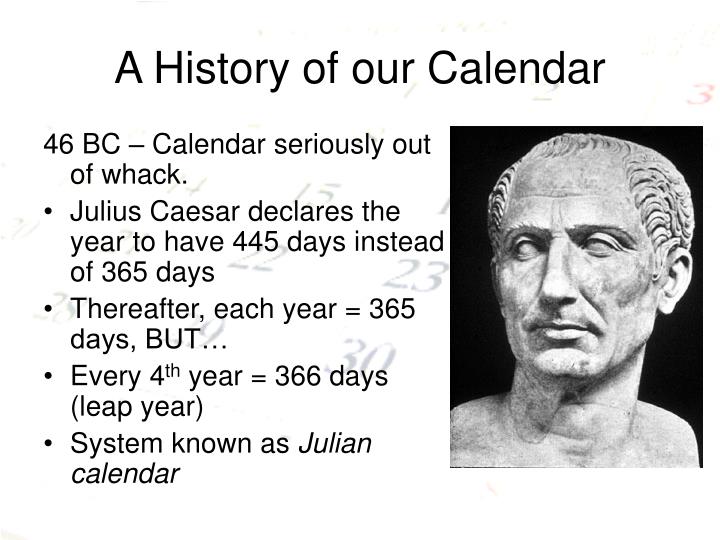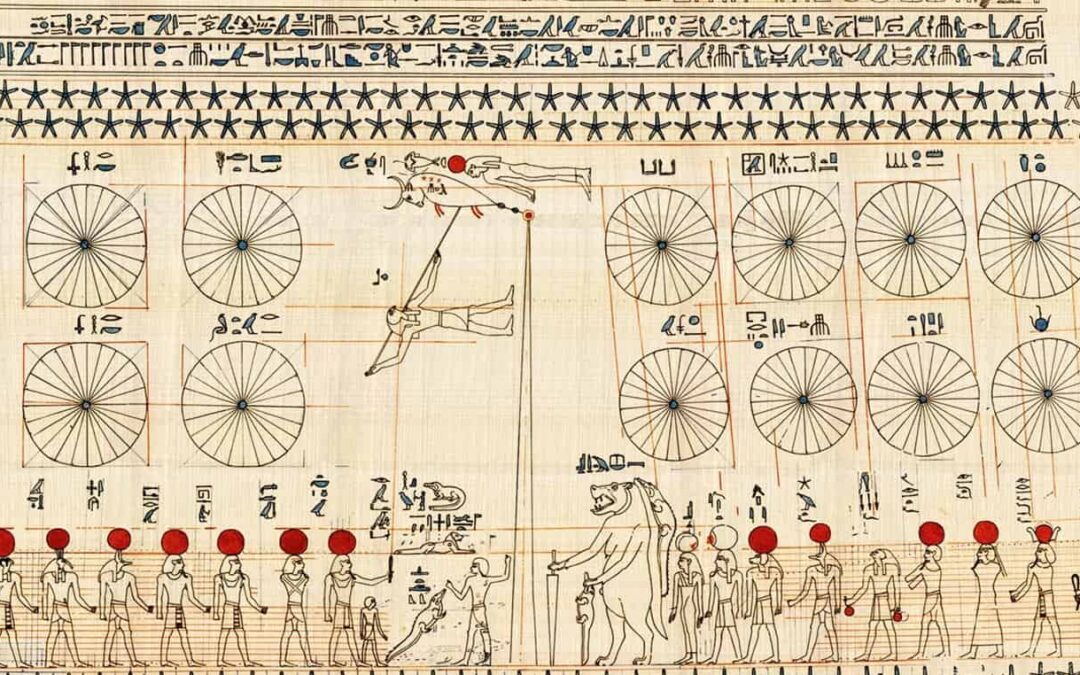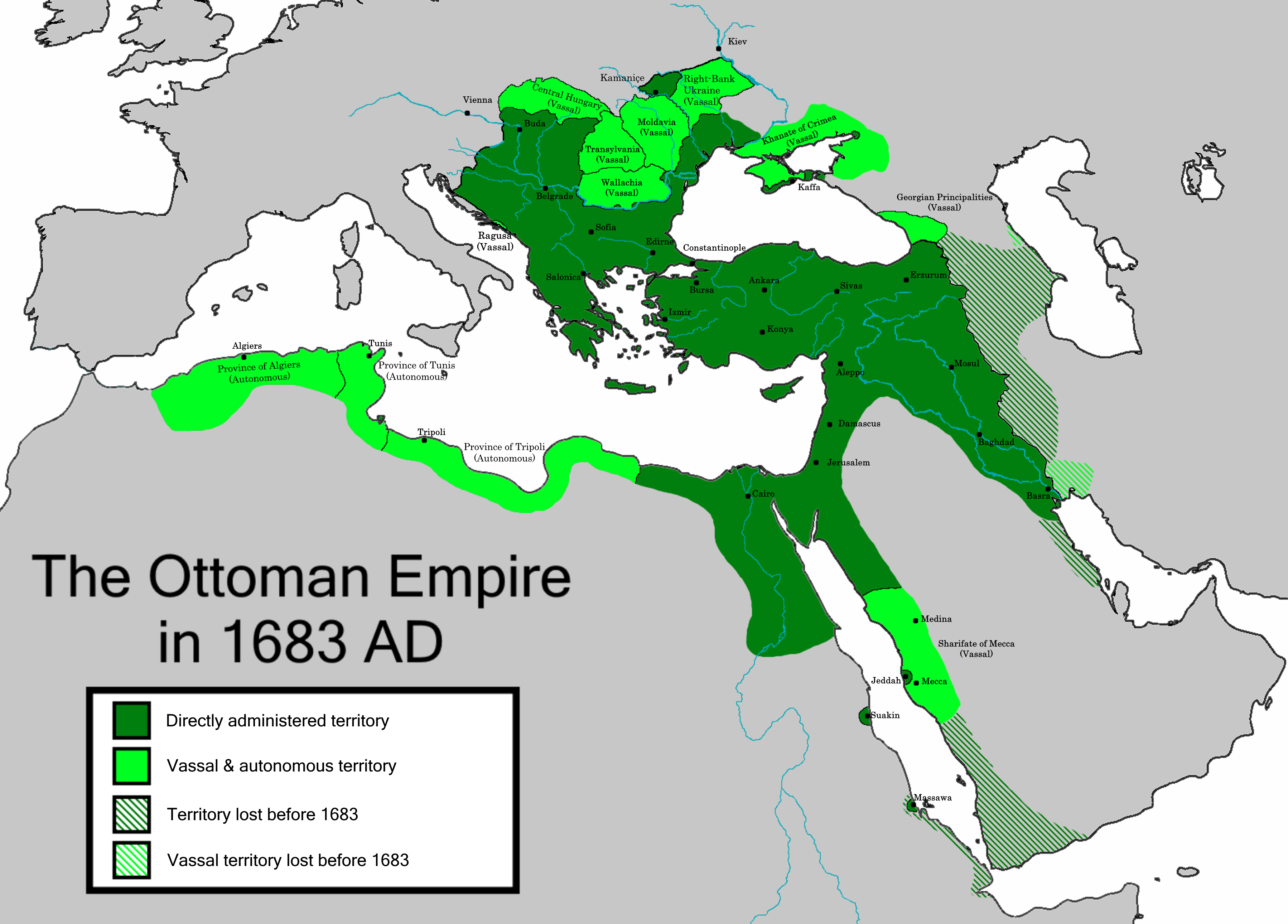Who made the first calendar
Table of Contents
Table of Contents
Have you ever stopped to wonder where calendars came from? How did we get from tracking time with just the sun and stars to the calendars we use today?
What Is The Origin Of The Calendar?
The history of the calendar is a fascinating one. It is a story of humanity’s never-ending quest to understand and measure time, to mark the passage of days and months, and to organize ourselves around the seasons of the year.
Our modern-day calendar is a product of many different cultures and civilizations. It is the culmination of thousands of years of human history, with each new discovery or invention adding another piece to the puzzle.
The Target Of Origin Of The Calendar
The target of Origin Of The Calendar is to explore the history and evolution of the calendars used by different cultures to track time. It looks at the early methods of measuring time, the creation of the first calendars, and how they have evolved over time.
It is a fascinating subject that covers a wide range of topics, including astronomy, mathematics, religion, and culture, among others.
The History Of The Calendar And Its Evolution
From the earliest civilizations, men and women have noticed the recurring patterns of the sun, the moon, and the stars. They used these patterns to determine the length of the day, month, and year and to keep track of their planting and harvesting cycles.
As human civilizations grew more complex, so did their methods of tracking time. The Egyptians developed one of the earliest known calendars, a lunar-based system that was divided into 12 months of 30 days each, with an additional five days added at the end of the year.
The Romans created a solar-based calendar system that consisted of ten months, with the year starting in March and ending in December. Later, they added two more months to the calendar, January and February, bringing the total number of months to 12.
Today, we use the Gregorian calendar, a solar-based system that was introduced by Pope Gregory XIII in 1582. It is a refined version of the Julian calendar, which was introduced by Julius Caesar in 45 BC.
The Gregorian calendar is the most widely used calendar in the world today, but there are many other types of calendars in use as well. The Chinese, Jewish, and Islamic calendars, for example, all have their own unique systems for keeping track of time.
The Impact Of The Calendar On Our Lives
The calendar has had a profound impact on human society. It has allowed us to organize ourselves around the seasons of the year, to plan our planting and harvesting cycles, and to celebrate religious and cultural holidays.
It has also helped us track historical events, such as the birth and death of important figures, the dates of major battles, and the signing of important treaties and agreements.
The Future Of The Calendar
As technology continues to advance, the future of the calendar is likely to be shaped by new inventions and discoveries. The internet and digital technology have already changed the way we interact with time, with calendars that sync across devices and automatic reminders for appointments and events.
There are also new calendar systems being proposed that take into account the changing climate and the impact of global warming on our seasons.
The Importance Of Remembering The Origin Of The Calendar
Remembering the origin of the calendar is important because it reminds us of our shared human history. It allows us to appreciate the ingenuity and creativity of those who came before us and to understand the ways in which we are all connected.
It also reminds us of the importance of measuring time, of marking the passage of days and months, and of organizing ourselves around the rhythms of the earth and the sky.
Question and Answer
1. Why do we have different types of calendars?
Calendars have been developed and evolved independently in different regions of the world. Different cultures and religions have their own unique ways of measuring time and marking the passage of days and months.
2. How has the calendar impacted religion?
The calendar has played an important role in religious observance and worship, with many holidays and festivals organized around the seasons of the year. It has also been used to track important religious events, such as the birth and death of important religious figures.
3. Will the calendar always be based on the solar system?
It is difficult to predict the future of the calendar, but it is likely that new discoveries and inventions will continue to shape our understanding of time and how we measure it.
4. What was the first calendar ever created?
The first calendar ever created was likely a lunar-based system developed by the ancient Egyptians around 5,000 years ago.
Conclusion of Origin Of The Calendar
The calendar is an essential part of our lives, helping us to measure time, organize our days and years, and mark important events. It is a product of human ingenuity and creativity, with each new advance in science and technology adding another piece to the puzzle.
By remembering the origin of the calendar, we can appreciate the ways in which our ancestors sought to understand and measure time and the impact that this has had on human culture and society.
Gallery
The History Of The Calendar - The Child’s World

Photo Credit by: bing.com / excerpt
The History Of The Calendar By Ben Lidoski

Photo Credit by: bing.com / calendar invented who year
PPT - The Sky As Clock And Calendar PowerPoint Presentation - ID:5530829

Photo Credit by: bing.com / calendar history bc ppt clock sky powerpoint presentation seriously whack
Who Made The First Calendar? | History Of Calendar - YouTube

Photo Credit by: bing.com / calendar first made who history
The Origin Of The Ancient Egyptian Calendar

Photo Credit by: bing.com /





